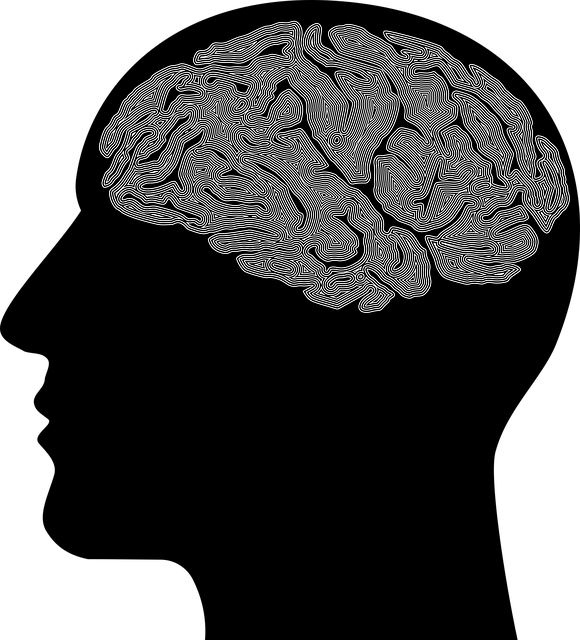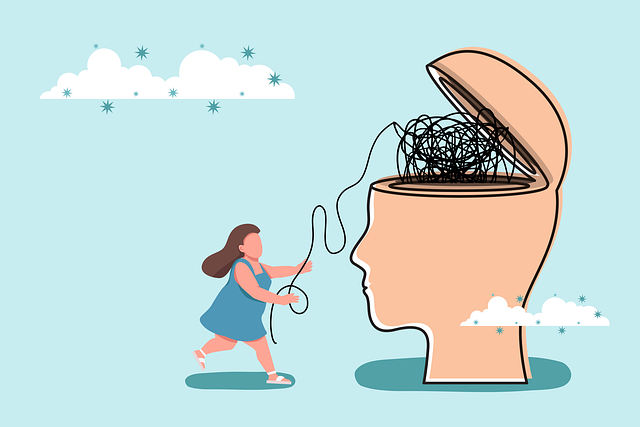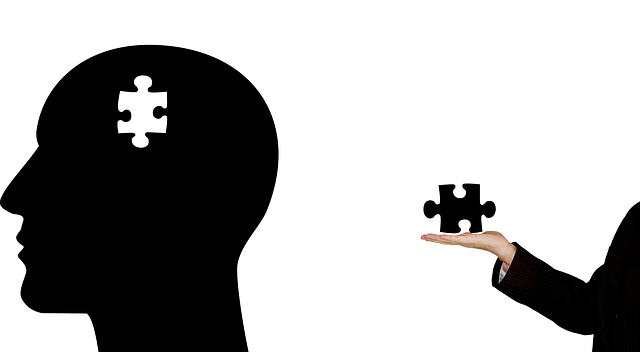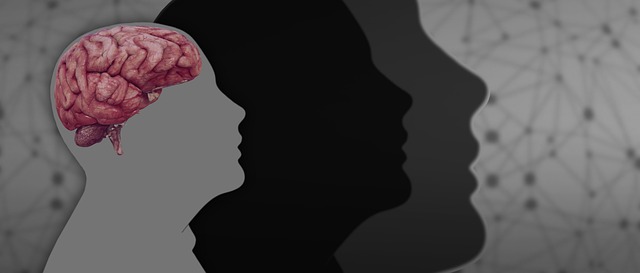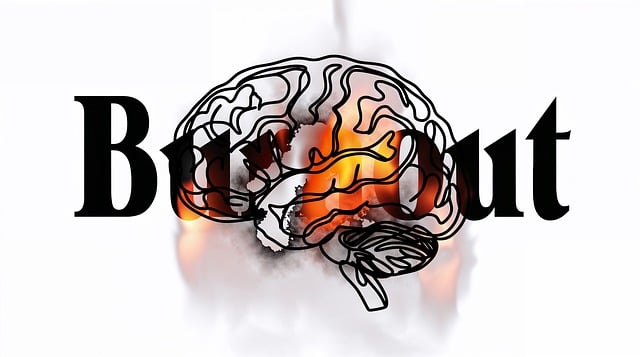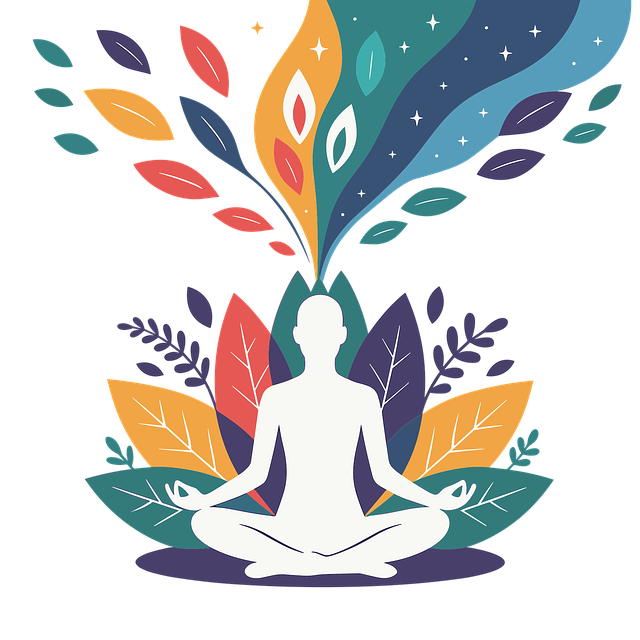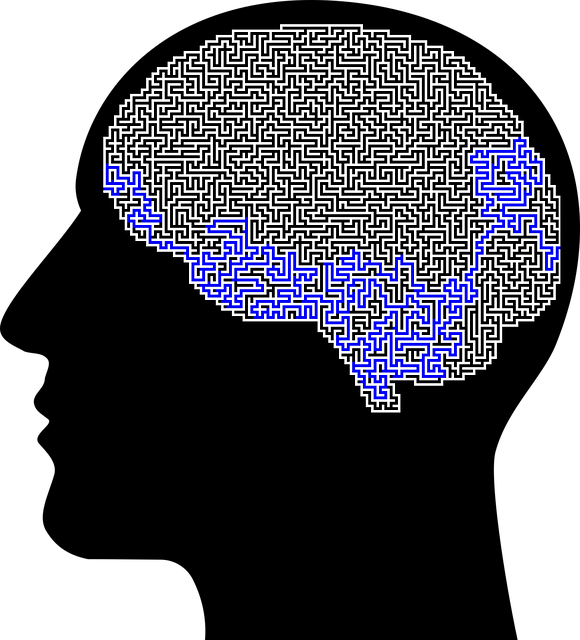Mental wellness self-assessment tools are crucial in empowering individuals managing chronic pain, helping them understand the connection between physical discomfort and psychological well-being. These tools facilitate personalized coaching programs that build inner strength and provide anxiety relief, integral parts of holistic pain management. Effective therapy for adults with chronic pain requires multifaceted approaches, including mental health education and empathy-building strategies. Integrating self-assessment tools like journaling and meditation enhances mental wellness, enables personalized care, and fosters a supportive community through public awareness campaigns, all focusing on improving quality of life for patients.
Mental wellness self-assessment tools play a pivotal role in empowering individuals to take charge of their mental health. This article explores the development and significance of these evaluative mechanisms, focusing on chronic pain management. We delve into creating effective therapy strategies tailored for adults suffering from persistent pain, offering practical insights on integration and daily application. By understanding these tools, individuals can navigate their mental wellness journey with greater clarity and efficacy.
- Understanding Mental Wellness Self-Assessment Tools
- Creating Effective Therapy for Adults Chronic Pain
- Integrating and Using These Tools in Daily Life
Understanding Mental Wellness Self-Assessment Tools

Mental wellness self-assessment tools play a pivotal role in empowering individuals to take charge of their mental health. These tools are designed to help people gain insights into their emotional well-being, identify potential issues, and assess their need for professional support. By facilitating self-reflection and introspection, they enable individuals to understand their thoughts, feelings, and behaviors better. This proactive approach is especially crucial for those managing chronic pain, as mental wellness significantly influences physical health outcomes in such conditions.
In the context of therapy for adults with chronic pain, these assessment tools can be life-changing. They assist in recognizing the intricate link between physical discomfort and psychological well-being, encouraging individuals to seek appropriate care. Moreover, they contribute to the development of tailored mental wellness coaching programs aimed at building inner strength and providing anxiety relief—a critical aspect of holistic pain management.
Creating Effective Therapy for Adults Chronic Pain

Developing effective therapy for adults experiencing chronic pain is a multifaceted process that involves tailored approaches to address complex psychological and emotional challenges. Mental wellness self-assessment tools play a pivotal role in this journey by providing individuals with insights into their coping skills development, enhancing their capacity to manage pain and improving overall mental health. These assessments help identify specific areas of struggle, such as anxiety, depression, or frustration, enabling therapists to design targeted interventions.
Integrating empathy building strategies within therapy sessions further enriches the healing process. By fostering a supportive environment where patients feel understood and validated, therapists can encourage open communication. This, in turn, facilitates deeper exploration of pain triggers, promotes positive coping mechanisms, and enhances adherence to self-care routines. Mental health education programs design should also incorporate practical tools and techniques to empower individuals with strategies for managing chronic pain, ultimately leading to improved quality of life.
Integrating and Using These Tools in Daily Life

Integrating self-assessment tools into daily life offers a powerful approach to managing mental wellness, especially for individuals living with chronic pain. These tools provide a means to gain valuable insights and track progress in therapy, allowing for more personalized care. For instance, incorporating Mind Over Matter principles through journaling can help individuals cultivate resilience by reframing negative thoughts and focusing on positive affirmations. This simple yet effective practice encourages self-reflection and promotes a sense of agency over one’s mental health journey.
Moreover, compassion cultivation practices, such as mindful meditation, can be seamlessly incorporated into daily routines. By fostering self-compassion, individuals may reduce the impact of chronic pain on their emotional well-being. Public awareness campaigns development around these tools can further encourage their adoption, providing a supportive community for those navigating therapy for adults with chronic pain.
Mental wellness self-assessment tools play a pivotal role in empowering individuals to take charge of their well-being, especially those managing chronic pain. As discussed, creating effective therapy tailored to adults with chronic pain involves integrating various assessment techniques to comprehensively understand their mental health landscape. By seamlessly incorporating these tools into daily life, individuals can actively monitor and improve their mental wellness, fostering a holistic approach to treatment alongside traditional pain management strategies. This not only enhances quality of life but also promotes long-term resilience in navigating the challenges associated with chronic pain conditions.


